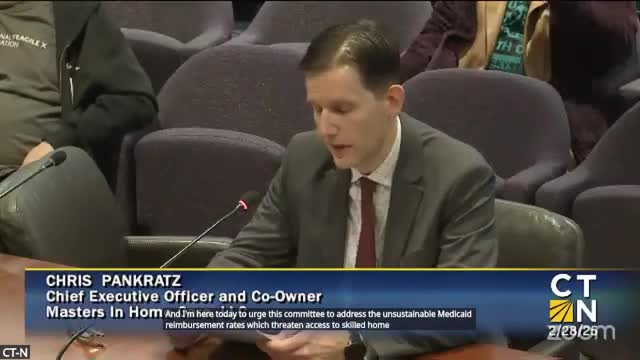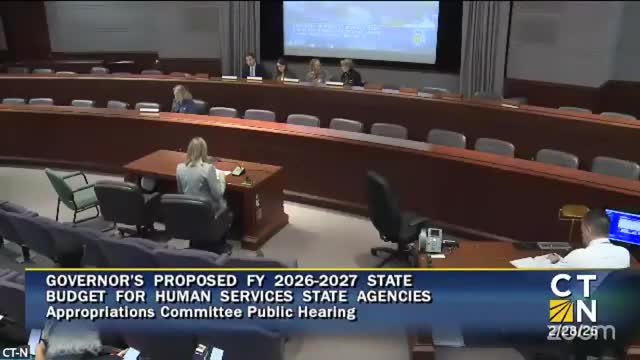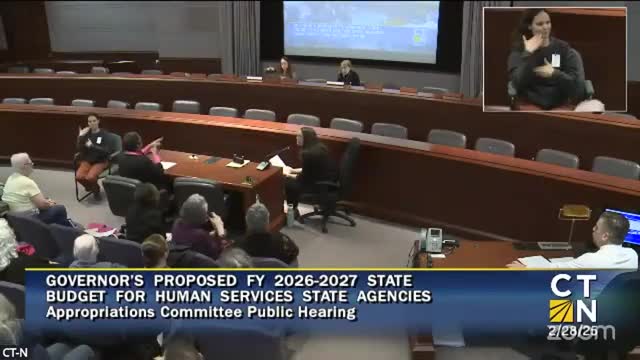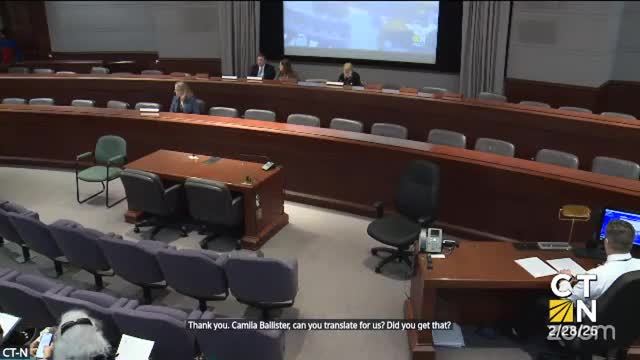Article not found
This article is no longer available. But don't worry—we've gathered other articles that discuss the same topic.

Home‑health providers warn Medicaid rates are unsustainable, call for immediate raises

Nonprofit behavioral‑health providers warn of staffing collapse without higher Medicaid rates and added grant funding

DeafBlind advocates ask for $100,000 increase to Communication Advocacy Network in budget hearing

